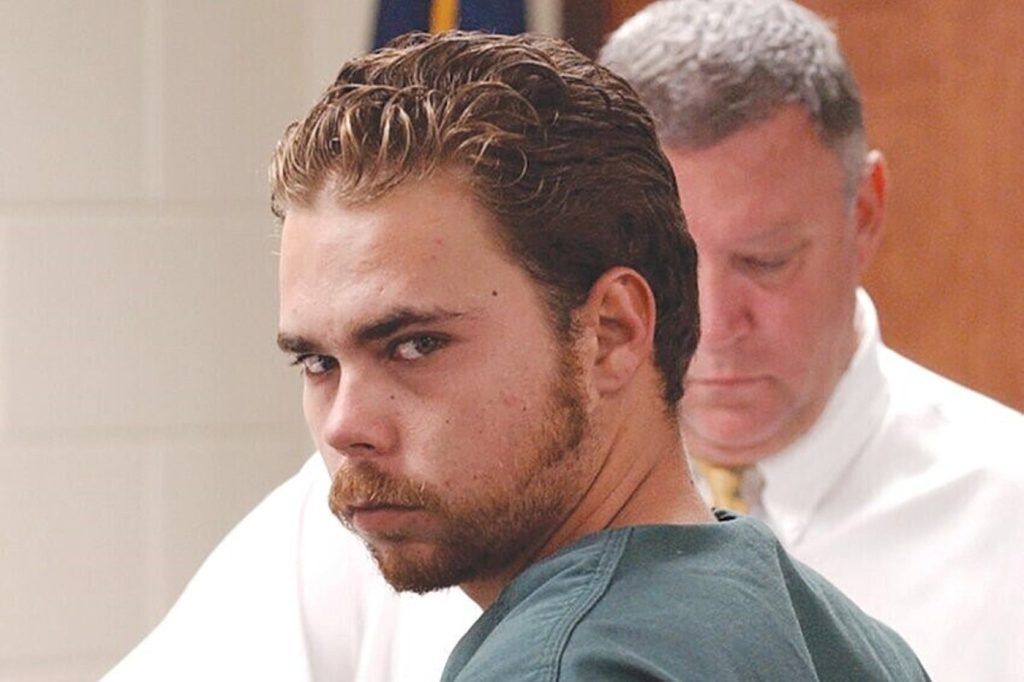A man in South Carolina, Stephen Bryant, is scheduled to be executed by a firing squad on Friday at 6 p.m. This marks the third execution by this method in the state this year. Bryant, aged 44, was convicted for the brutal murders of three individuals within five days in October 2004 in a rural area of South Carolina.
Three prison employees, armed with live ammunition, have volunteered to carry out Bryant's execution at the Broad River Correctional Institution in Columbia. As of now, he has no pending appeals, and his legal options are largely exhausted. Although he may petition the governor for clemency, it is noted that no South Carolina governor has granted clemency for a death penalty case since the U.S. reinstated the death penalty in 1976.
The method of execution, the firing squad, has a long and violent history globally, being employed for military punishments, as a form of frontier justice in the Old West, and as a means of political repression in historical regimes like the Soviet Union and Nazi Germany. Recently, there has been a renewed interest in this method in the United States as some lawmakers argue that it may be the most humane and efficient way to carry out capital punishment, especially given the ongoing issues surrounding lethal injection drugs. South Carolina had paused executions for 13 years, resuming in September 2024; since then, four men have been executed by lethal injection alongside two by firing squad.
Bryant's crimes date back to 2004, when he admitted to murdering Willard "TJ" Tietjen after visiting Tietjen's home under the pretense of needing assistance with car trouble. He shot Tietjen multiple times and even answered the victim's phone, taunting Tietjen’s family by stating he had killed him. In addition to Tietjen, Bryant killed two more men, shooting them in the back while they were outside urinating. Law enforcement had to stop numerous vehicles in the area, warning residents to be wary of strangers seeking help.
Defense attorneys representing Bryant have argued that he was mentally troubled leading up to the killings, having sought help from relatives due to memories of childhood sexual abuse. They claim Bryant turned to substance abuse, including methamphetamine, as a means of coping. The execution will make Bryant the 43rd person executed in the United States this year and the 50th person executed in South Carolina since the death penalty resumed there about four decades ago.
Details of the upcoming firing squad execution reveal that at 6 p.m., witnesses will observe from behind bulletproof glass as Bryant is strapped into a chair. A white square with a red target will be placed over his heart by a physician. If he has a final statement, his attorney will read it aloud before a prison official covers his head with a hood and opens the shade to reveal the firing squad positioned in another part of the room. Without prior warning, the shooters will fire high-powered rifles from a distance of 15 feet (4.6 meters), and a doctor will subsequently declare Bryant dead within a minute or two.
Recent history suggests potential complications during firing squad executions. For instance, during the execution of Mikal Mahdi, lawyers claimed that the shooters almost missed the heart, causing him prolonged suffering. This has raised concerns about the method's humaneness, echoing the issues surrounding botched lethal injections.











